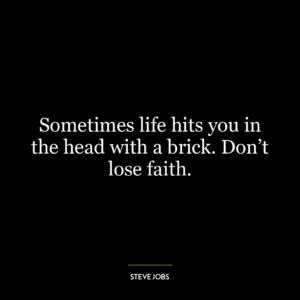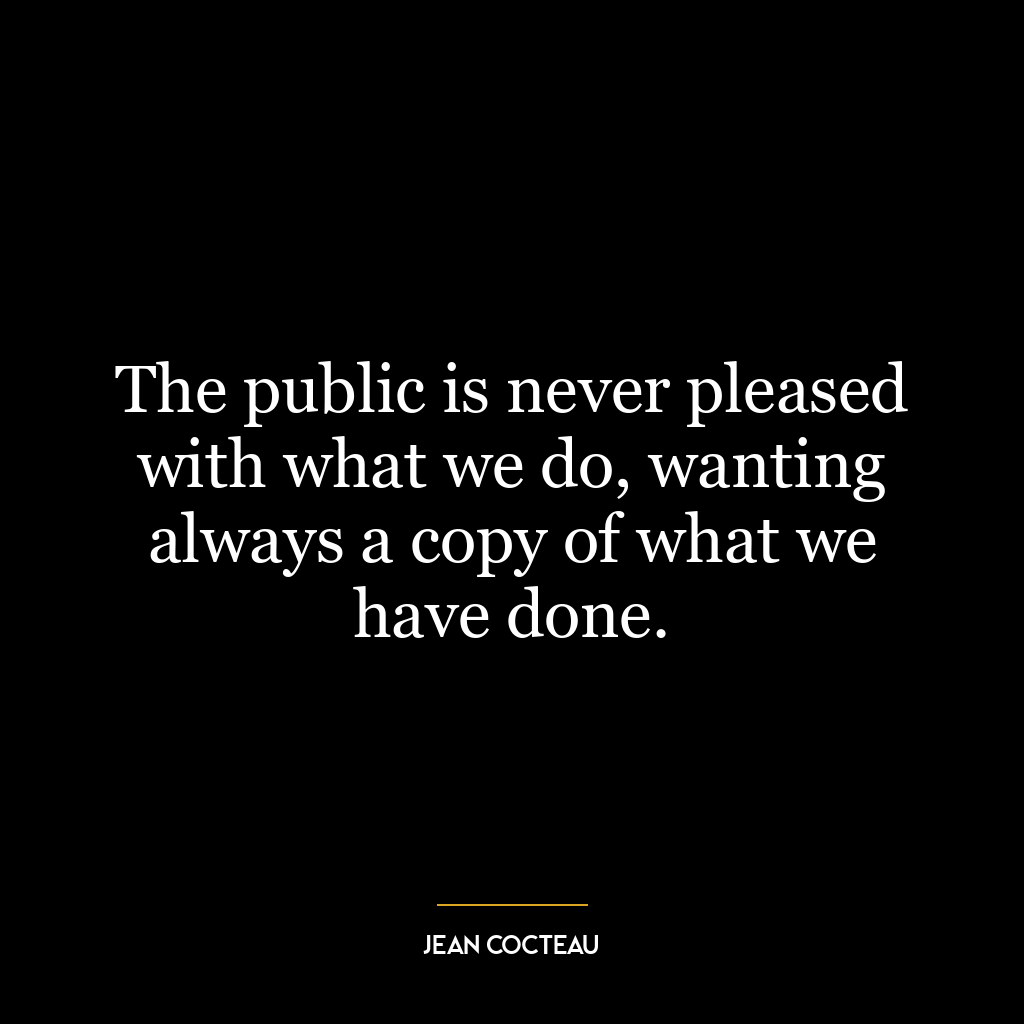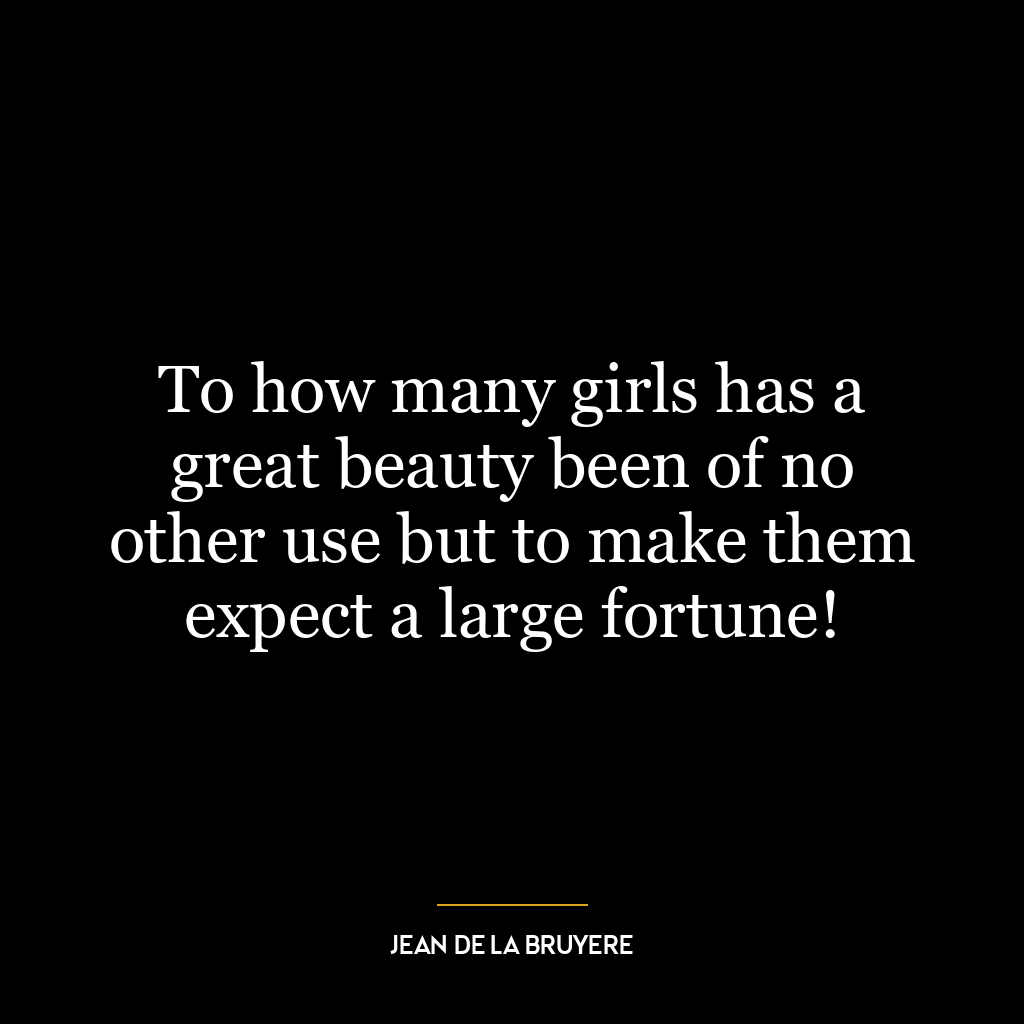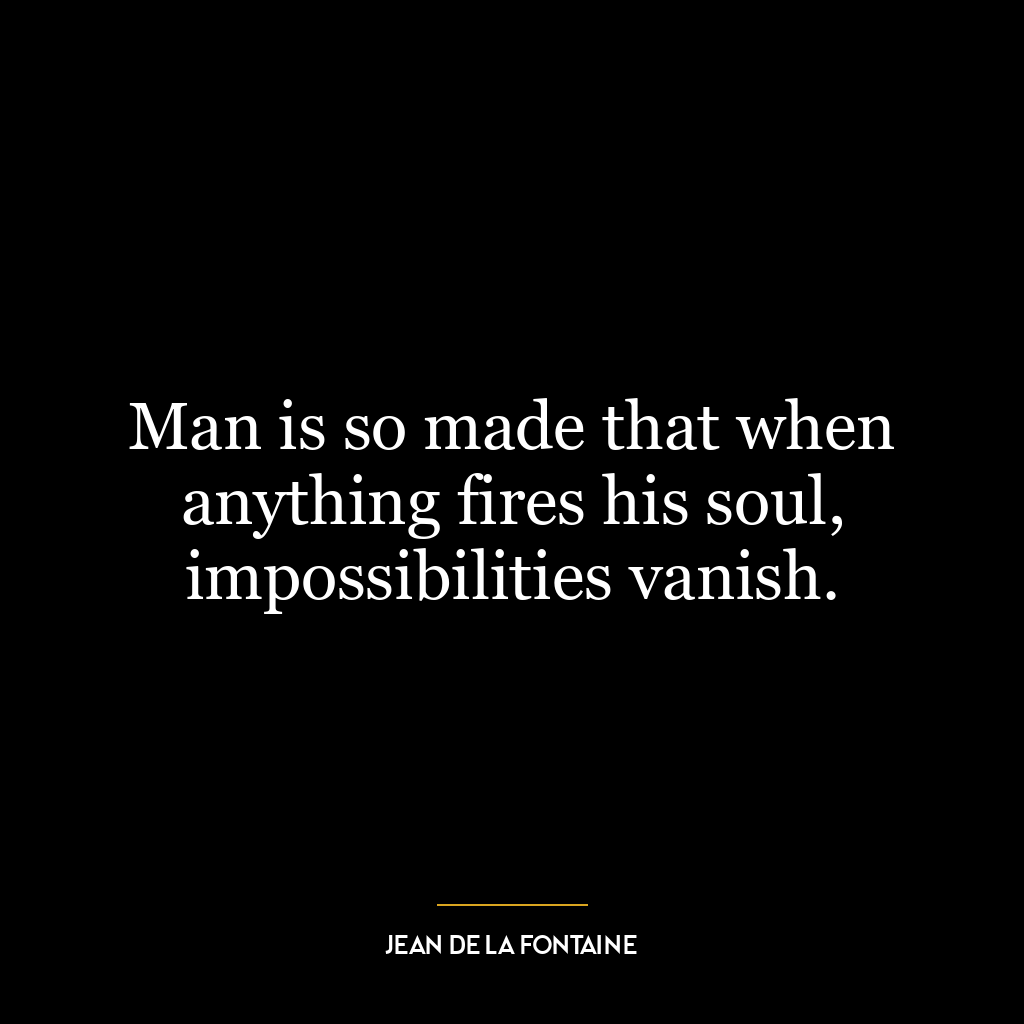This quote suggests that people often limit themselves based on the expectations set for them by society or by themselves. If they’re not expected to do great things, they may not strive to achieve greatness. It’s the idea that the bar we set for ourselves and others often dictates the level of our accomplishments. In other words, low expectations can lead to mediocre results, while high expectations can inspire us to reach higher and achieve more.
In the context of personal development, this quote can serve as a reminder to set high standards for oneself. It is a call to not settle for mediocrity, to not be bound by the limitations that others might impose on us. It encourages us to break free from the constraints of societal expectations and to aim for greatness, even if it seems out of reach or unrealistic.
In today’s world, this idea is especially relevant. In a society that often values conformity and fitting in, it can be easy to lose sight of one’s individual potential. But this quote reminds us that each of us has the capacity for greatness within us, and it is our responsibility to tap into that potential.
Moreover, it can also be applied to leadership and management. Leaders and managers who expect more from their team members often inspire them to rise to the challenge. On the contrary, if they expect less, their team members might only do the bare minimum. Therefore, setting high expectations can be a powerful tool to motivate and drive performance.
So, in essence, this quote is a call to action for us to expect more from ourselves and others. It’s a reminder that we are often capable of much more than we think, and it’s the expectations we set that often determine how high we will reach.









